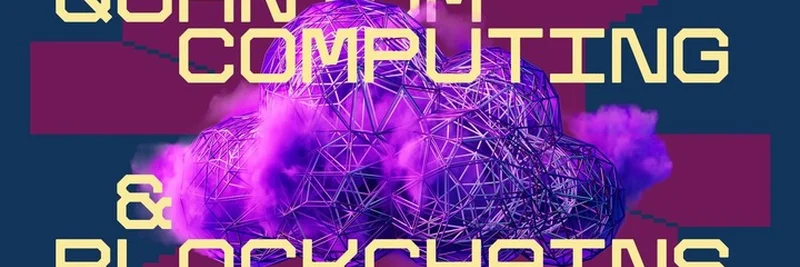In a recent tweet, Robinhood CEO Vlad Tenev made a bold statement that has sparked discussions across the financial and blockchain communities. Tenev declared, "I believe tokenization is the greatest capital markets innovation since the central limit order book." This assertion underscores the transformative potential of tokenization in reshaping how we think about and engage with capital markets.
Understanding Tokenization and Its Impact
Tokenization refers to the process of converting rights to an asset into a digital token on a blockchain. This innovation allows for fractional ownership, 24/7 trading, and increased liquidity, which are significant departures from traditional financial systems. Tenev's comparison to the central limit order book—a system that matches buy and sell orders in financial markets—highlights the magnitude of this change. Just as the central limit order book revolutionized trading by standardizing and automating order matching, tokenization promises to democratize access to a broader range of assets.
Why Tokenization Matters
The excitement around tokenization stems from its ability to bridge traditional finance and blockchain technology. For instance, Robinhood has already begun offering tokenized stocks and ETFs in the EU, allowing retail investors to trade these assets around the clock. This move is part of a larger trend where companies like BlackRock and Vanguard are exploring similar territories, potentially tokenizing private equities and other assets.
Tenev's vision extends beyond public markets. He sees tokenization as a tool to address "one of the biggest inequities in capital markets," namely the lack of access for retail investors to private company shares. By tokenizing these shares, companies can offer retail investors a stake in high-value, early-stage firms like OpenAI and SpaceX, which have historically been inaccessible.
Regulatory Landscape and Global Interest
The regulatory environment plays a crucial role in the adoption of tokenization. In the EU, Robinhood's offerings are structured as derivatives under the Markets in Crypto-Assets (MiCA) framework, ensuring compliance while pushing boundaries. However, the U.S. presents a different challenge. The Securities and Exchange Commission (SEC) has yet to provide clear guidelines for listing securities on crypto platforms, which Tenev believes is a missed opportunity. He remains optimistic, suggesting that SEC approval could come without new legislation, given the technology's potential.
Globally, the interest in tokenization is palpable. Private companies are eager to tokenize their shares, seeing it as a way to tap into a vast pool of retail investors. This enthusiasm is not just limited to the U.S. and EU; regions like Hong Kong, Singapore, and Abu Dhabi are also advancing regulatory frameworks to facilitate security token offerings.
The Role of Blockchain Infrastructure
Robinhood's partnership with Arbitrum, a layer-2 scaling solution for Ethereum, is central to its tokenization strategy. This collaboration ensures that the tokenized assets can be traded efficiently and securely. The use of blockchain technology not only enhances transparency but also reduces costs, making it feasible for a wider audience to participate in these markets.
Challenges and Considerations
Despite the optimism, tokenization is not without challenges. Cybersecurity risks, regulatory uncertainty, and the need for robust infrastructure are significant hurdles. Moreover, the transition to a tokenized world requires educating investors about the technology and its implications. Tenev's confidence in tokenization's future is tempered by the recognition that these issues must be addressed to realize its full potential.
Conclusion
Vlad Tenev's declaration positions tokenization as a pivotal innovation in capital markets, one that could redefine investment opportunities for retail investors worldwide. As Robinhood and other players continue to push the boundaries, the interplay between traditional finance and blockchain technology will undoubtedly shape the future of investing. Whether you're a seasoned investor or new to the world of finance, understanding tokenization's role is crucial in navigating this evolving landscape.
For more insights into meme tokens and blockchain technology, stay tuned to Meme Insider. We're here to help you decode the latest trends and enhance your knowledge in this dynamic field.


